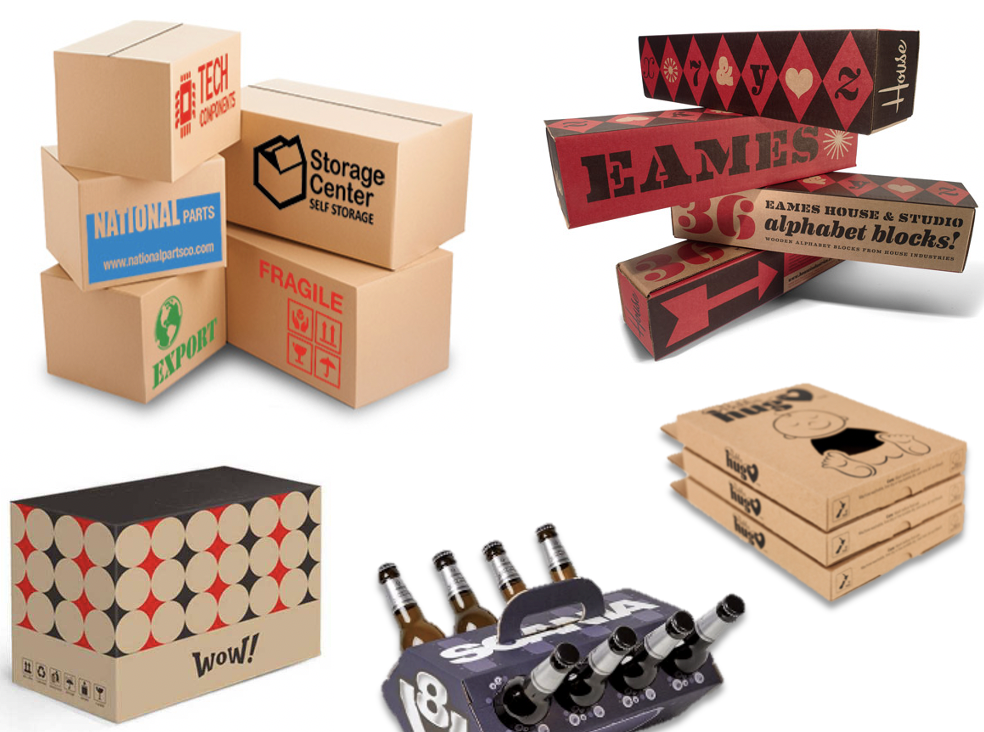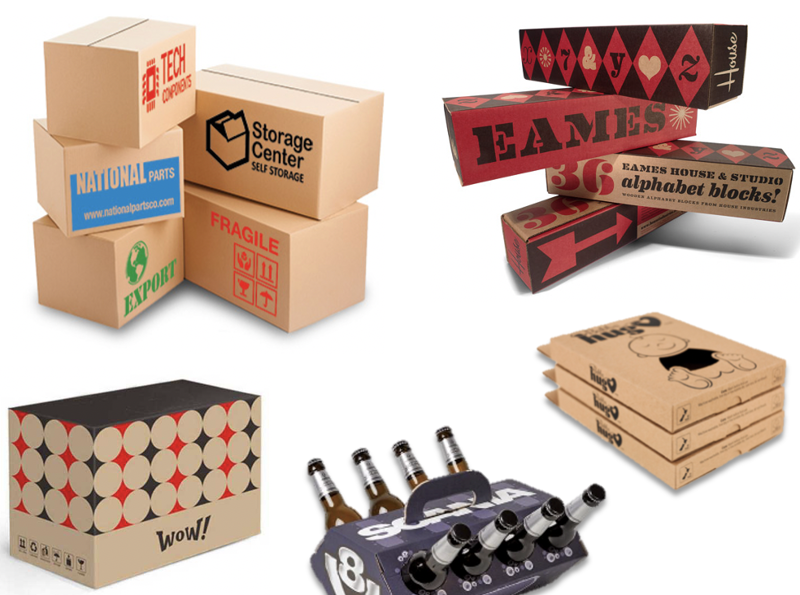The Japanese headquartered manufacturer has agreed an exclusive Europe-wide deal with partner Mtex NS, the Portuguese firm that developed the PKG-675i.
KM had already been selling the device in some territories, including the US, and has now extended the arrangement.
It is targeted at the cost-effective production of short-run, on-demand packaging with the potential to include variable data if required.
The firm cited research from Smithers Pira that pointed to a rapid increase in overall demand for e-commerce packaging due to the Covid-19 pandemic, with the market jumping by nearly 42% to $49.16bn in 2020, and expected to grow to $98.2bn by 2025.
Edoardo Cotichini, senior manager for professional print, at Konica Minolta Business Solutions Europe, said it would be one of the defining trends for the packaging industry.
He said the main drivers for digital adoption in corrugated were similar to those that had already happened in other sectors, such as labels: “Cost simplicity, turnaround times, functionality, engagement, supply chain changes, legislation, security, environment and sustainability,” he said.
“The PKG-675i is something that opens up a lot of opportunities and ideas. Since we launched this product we are seeing a lot of interest and customers are literally approaching us asking to talk about the machine.”
The £95,000 device uses MemJet’s water-based VersaPass inkjet technology and has a relatively small footprint of 1.6m x 3.6m x 2.3m. It has five heads and prints in CMYKK using FDA-approved inks for indirect food contact.
White ink is not available at present but could be a future option.
The frontend is a simple Windows-based GUI and it is driven by a Caldera RIP.
The press can print onto flat sheets or material that has already been die-cut, up to a maximum thickness of 15mm and 1.2m in width, with no limit to the length of the sheet. The imaging width is 1.067m.


Some examples of potential applications for the PKG-675i
Print speed is 150mm/sec at 1,600x1,1600dpi, or 300mm/sec at 1,600x800dpi – the equivalent of 18m/min.
Feeding is manual, and printed sheets drop into a belt-driven output tray, which contributes to the low overall cost.
“We thought about automatic feed, but this device is for short turnaround time and it would require a huge additional investment for automated feeding and stacking,” explained Carsten Bamberg, business development manager at KM.
“Not much else can achieve what this machine can achieve at this price tag.”
The PKG-675i also features an integrated web cleaner and vacuum station to remove dust.
Bamberg said the press used “a drastically low amount of ink per square metre”, which contributed to low running costs.
Nuno Coelho, chief technology officer at Mtex NS, said that installation and training was extremely straightforward. “By the end of the second day the operator will be running the unit,” he stated.
With variable data files, it is possible to print one piece or a small batch from the file. “This is very unique and user friendly,” he added.
The device was originally launched at Fespa in 2018 by Mtex and its then sister company New Solution Engineering, and there are now around 130 installed worldwide.
“This is a very mature machine and technology,” added Mtex NS executive vice president and founder Eloi Ferreira.











